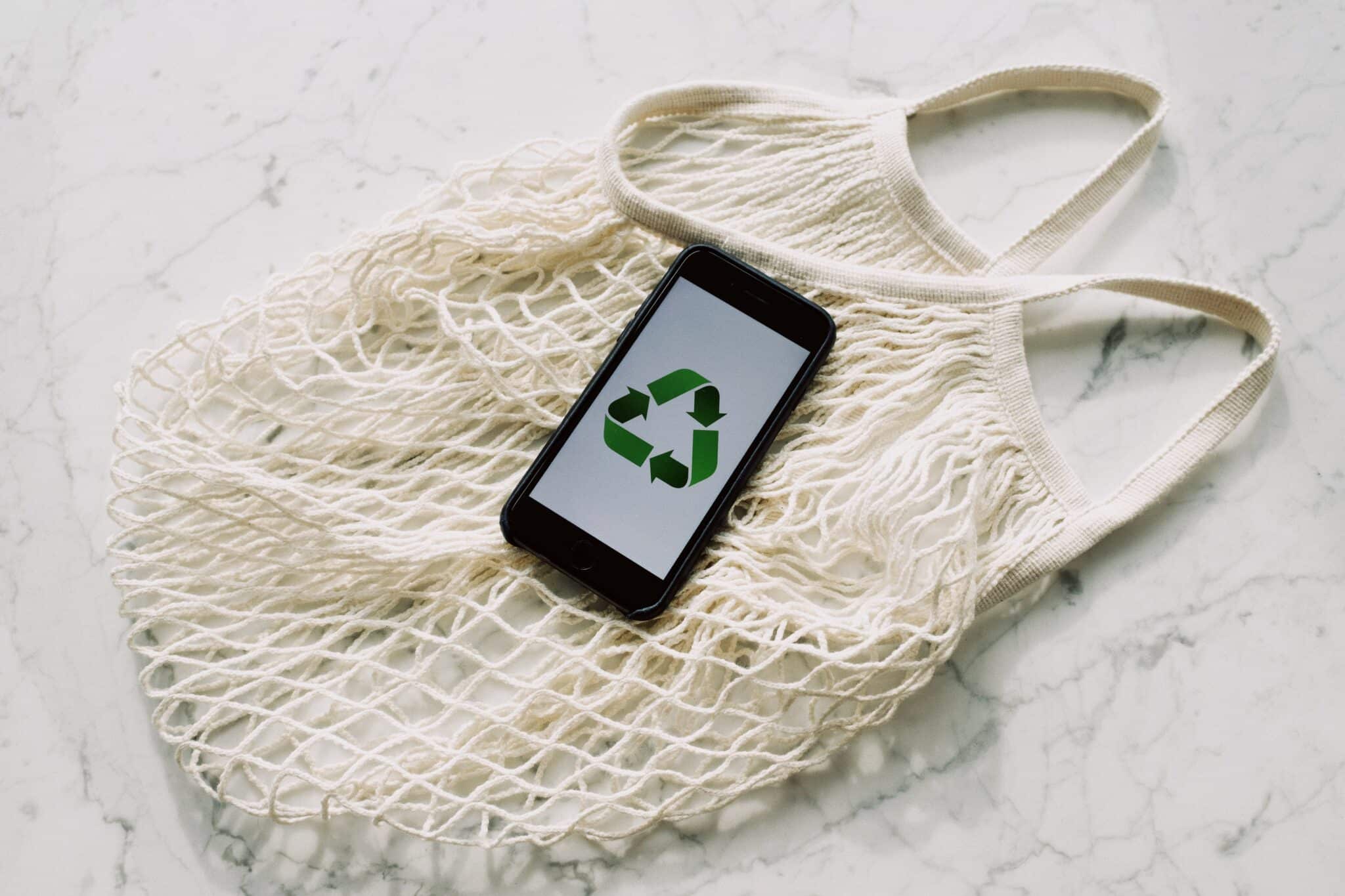6 Reasons Why People Shop Sustainable Fashion

We can all do our bit to help the environment. Here, we explore why the fashion industry is becoming more sustainable. So do your bit and check this out.
Sustainable Shopping
We all love our favorite women’s Ted Baker jacket or those comfortable pair of men’s loafer shoes. However, with so many concerns on the table these days – climate change, plastic pollution, deforestation, loss of coral reefs and biodiversity, and water scarcity, to name a few – the fashion industry is not necessarily top of our minds as a problem or a solution for most people. Unfortunately, the apparel industry contributes significantly to environmental and human damage. The good news is that sustainable fashion solves many of these concerns in unexpected ways.
There is so much misunderstanding about sustainable fashion that having a detailed guide on the subject is critical. It’s no secret that the fashion industry can be bad for the environment. Its carbon footprint accounts for over 10% of global greenhouse gas emissions. A shift is required, from raising awareness about sustainable fashion products to taking an active part in effecting change.
Making a conscious decision to shop with sustainable and ethical companies can help the world and the people living here. Here are six reasons why you should switch to sustainable and ethical clothes.

Source: Pexels
1. Saves Money – We’ve already discussed how the textile business harms the environment, accounting for roughly 10% of worldwide carbon emissions. To put that 10% into perspective, it is more than all foreign flights and maritime shipping combined. Sustainable fashion produces higher-quality, longer-lasting items, which, while more expensive at first, will remain in your wardrobe for years. Even when they reach the end of their useful life, because they are constructed of recyclable materials, they can be recycled to create another product for future generations.
2. Lower Carbon Emissions – Most of the world’s major apparel brands source and manufacture their products in other countries. They do this to save money, but international manufacture and rapid fashion generally have a detrimental environmental impact. This is why the best sustainable apparel brands manufacture their products in the United States. Because of the close proximity, clothing companies made in the United States have superior quality control and a smaller overall carbon footprint. When you buy apparel made in the United States, you avoid the high carbon emissions associated with overseas shipping. Furthermore, popular clothes manufacturing countries such as China and India lack strong environmental laws on their companies, making it easier for them to dispose of their trash unethically.
3. Dress Unique – With secondhand and vintage clothing becoming more affordable, consider purchasing pre-loved things when adding to your collection. Not only will you be extending the life of these items and lowering the environmental impact of your wardrobe, but you will also be able to find one-of-a-kind pieces that no one else will have.
4. Healthy Skin – When we talk about fashion, we don’t usually consider our health and skin, do we? Instead, we should start worrying about it. The skin is the body’s most significant organ, yet clothes are in direct contact with our skin 24 hours a day, seven days a week! New research shows that textile dyes are highly hazardous and may be cancerous. Always choose labels that utilize natural dyes – fruits and vegetables are excellent dyes that are safe for you and the employees who create the items. Furthermore, natural dyes and colors give clothes incredible colors and tones that do not fade after the first wash.
5. Better Quality – Every second, one garbage truck containing textile waste is dumped or burned worldwide. Fast fashion is primarily responsible for these massive volumes of garbage since these brands forgo apparel longevity in exchange for lower pricing and more client purchases. Sustainable brands, on the other hand, prioritize clothing quality and use long-lasting materials in their manufacturing. In addition, sustainable fashion firms rarely follow fast fashion trends. Instead, they prioritize classic and timeless pieces over weekly selections that compel buyers to buy more.
6. Ethically Better – Fast fashion relies on exploited labor in developing nations with inadequate rules since it must be cheap. Workers are underpaid, overworked, and subjected to hazardous working conditions or health risks; many are minors. It is estimated that only 2% of the world’s 75 million factory workers get a decent wage. Factories limit pay to prevent brands from migrating to a lower-cost country or region. They are unwilling to spend money to enhance labor conditions.

Source: Pexels














